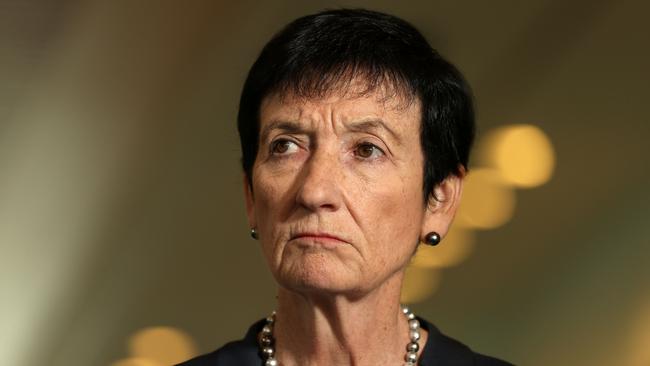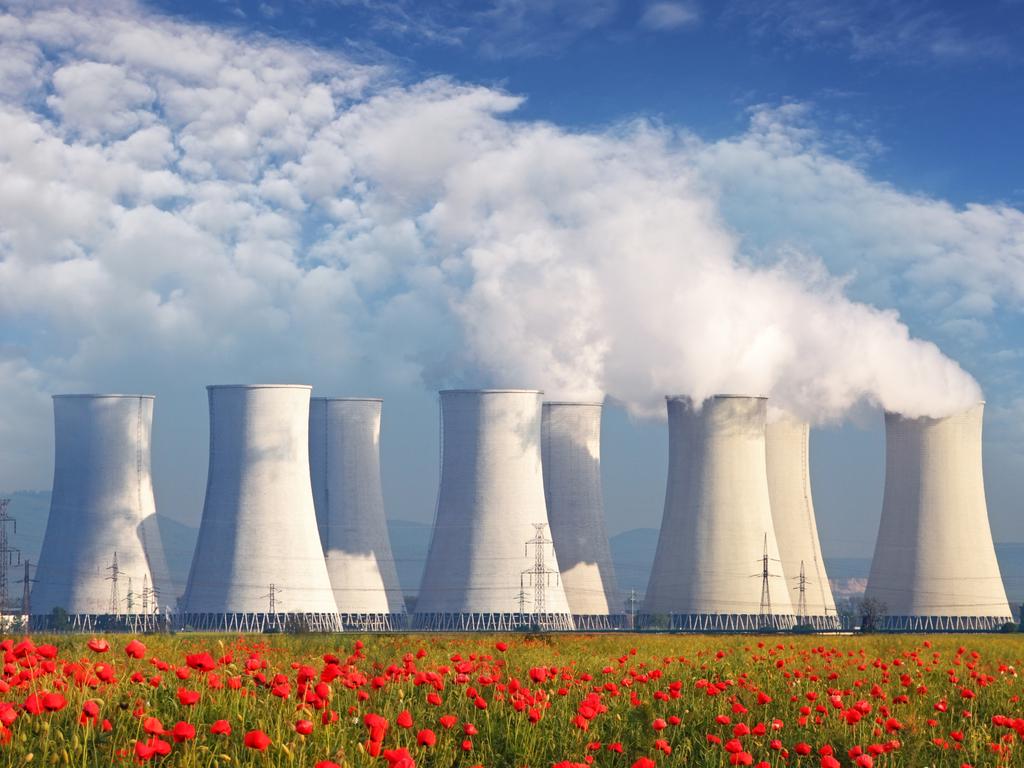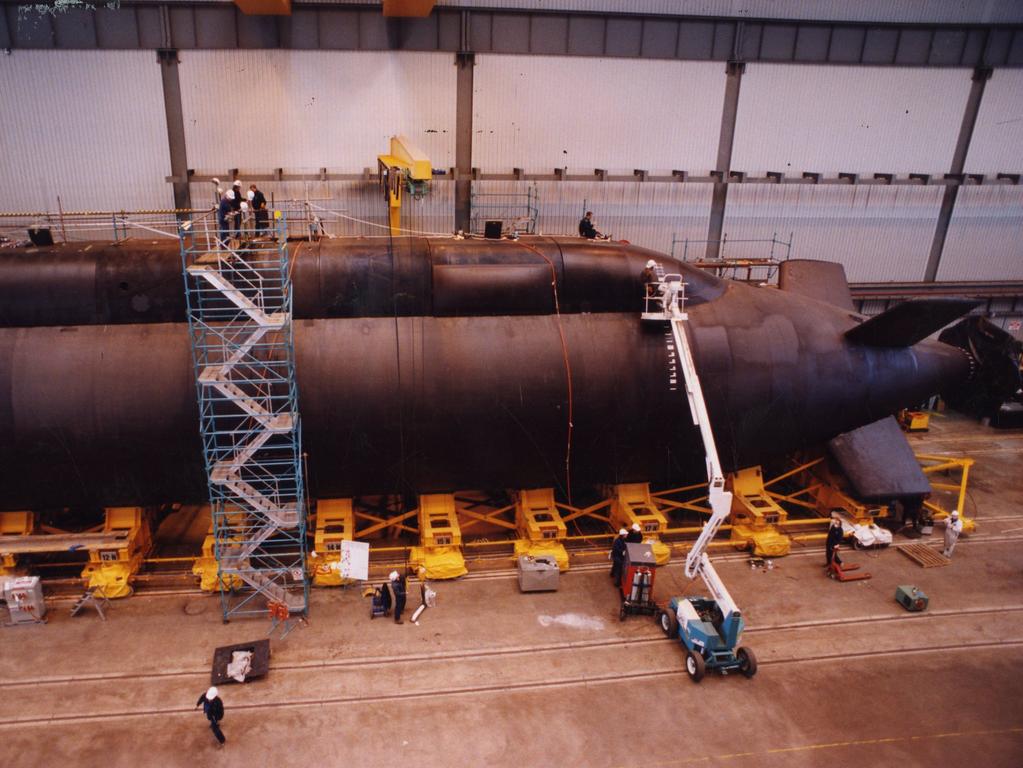Business makes the case for nuclear power future
The BCA will call on political leaders to consider dropping a decades-long ban on a nuclear industry to help decarbonise the economy, secure the nation’s security and prosperity, and take advantage of a resources stockpile.

The Business Council will call on Australia’s political leaders to consider dropping a decades-long ideological ban on a nuclear industry to help decarbonise the economy, secure the nation’s security and prosperity, and take advantage of a resources stockpile that will power the recovery from Covid-19.
As world leaders meet in Glasgow to commit to reducing greenhouse gas emissions by mid-century, BCA chief executive Jennifer Westacott will on Wednesday urge the nation’s political leaders to adopt the mindset and discipline of business, which she says will do the heavy lifting on abatement and innovation.
Ahead of a federal election due by May, Ms Westacott will call on the major parties to take control of our economic and strategic future and to “regain our sense of nationhood”.
The head of the big business lobby will also seek a boost in skilled migration to cover an expected shortfall of 500,000 workers, an immediate improvement in school education, a better relationship with China, and reopening of state borders.
“We can – and we must – tear down the fortress and reopen to the rest of the world,” Ms Westacott’s notes say for a speech that is scathing about the erosion of liberties during the pandemic.
“We must allow Australians to move freely around their country again. And we must always allow them to come back home. We must signal to the world we are open for business.”
She will argue the key to higher living standards is exploiting our natural advantages in new and emerging industries, including rare earths, food production, advanced manufacturing and nuclear.
“Off the back of the AUKUS deal, there’s enormous potential for Australian industry to develop new capabilities if only we would drop the ideology about not having a nuclear industry,” Ms Westacott will say in the John Monash Oration in Sydney. “Of course, I’m not talking necessarily about nuclear power, but all the adjacencies that having a nuclear capability bring, like nuclear medicine and complex electronics.”
She will also argue that failing to reduce our emissions to net zero by 2050 “will be the single biggest drag on our ability to compete in the new world”.
“The worst false prophet is someone who says that by doing nothing, nothing will happen. And the worst false promise is that there aren’t trade-offs or hard decisions. The science is in, financial markets are moving and the global momentum for action is now unstoppable”.
Ms Westacott will say Australia can be a world leader in services by developing and exporting our expertise in clean energy projects, engineering, ICT, consulting services and education.
“We are in the box seat to respond to changing global demands. We already have the early mover advantage in the emerging industries and capabilities that are going to dominate the global economy. But the challenge is how we supercharge it.”
Last month the BCA, which represents Australia’s biggest companies and some of its largest emitters, released a seven-point plan for the nation to reach net-zero emissions by 2050, including almost doubling its 2030 emissions reduction target to between 46 and 50 per cent.
On Wednesday, Ms Westacott will argue achieving net zero “is not a slogan”. “It will require a permanent change to our economy – meaning that by the second half of the century on a permanent basis we are producing no net carbon emissions … This is at the heart of reimagining our economic and strategic future. While we have a role and responsibility as part of a global economy, make no mistake, this transition is squarely in Australia’s interest.”
On Australia in the post-pandemic recovery, Ms Westacott will note that “our world order has dramatically changed” because of the rise of China
“The rise of a more aggressive China with an economic and geopolitical agenda that is not benign,” the speech notes say.
“But make no mistake. For Australia to prosper, it is essential that we have an economic and strategic relationship with China.”
“At the same time as China’s rise, the United States – for so long a great force for stability, prosperity and peace – has become more inward looking.
“The West now looks to America to be that compass once again. Now more than ever, we need the United States to step up, find its voice and lead.”








To join the conversation, please log in. Don't have an account? Register
Join the conversation, you are commenting as Logout